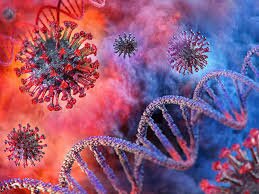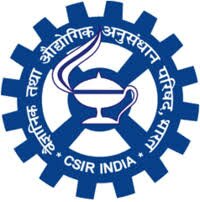Indo-Brazilian e-Symposium on Solid State Properties of Pharmaceuticals
e-Symposium held by University of Lucknow and Federal University of Ceará
A Chitransh
Lucknow: Today, when the entire world is going through a very unusual time and we all are battling against a global pandemic, many scientists and researchers are working hard to develop rapid diagnostic kits, effective protocols and new drugs to combat the Coronavirus.
In the light of the current scene, the “Indo-Brazilian e-Symposium on Solid State Properties of Pharmaceuticals” was organized jointly by the University of Lucknow and Federal University of Ceará jointly organized the two-day Indo-Brazilian e-symposium on “Solid state properties of pharmaceuticals” and initiated by the Head of the Department of Physics, Prof. Poonam Tandon and the Brazilian coordinator Prof. Alejandro Pedro Ayala. Both the universities have shared a long-term collaboration in this area.
Inaugurating the session, the head of the International Division, Department of Science and Technology, Prof. Sanjeev Kumar Varshney said that the primary function of the research-based pharmaceutical corporations is to create value by discovering and producing effective medicines, vaccines and services that improve patients’ well-being. Both India and Brazil are the emerging economies which should work on co-development of new pharmaceutical molecules in order to not only cut the cost but also to save the time. He said that the solid state properties of pharmaceuticals have profound effects on the quality of drug substances and drug products. He focused on the promotion of scientific research in India and also on the international scientific cooperation. He talked about various multilateral platforms, like IBSA and BRICS which provide opportunities to work together.
The Vice- Chancellor of the University of Lucknow, Prof. Alok Kumar Rai addressed the event and said that pharmaceutics is one of the most important areas for which we all are worried, especially the commercial, business and strategic aspects of it, e.g. how medicines can be made affordable to the masses. He also talked about the close relationship in research between both the countries.
The first day of the e-symposium ended with six lectures from the Brazilian coordinator and his research group. Prof. Alejandro Pedro Ayala in his lecture told how the stoichiometry of a drug molecule through crystal engineering controls the solid state properties of the drug. Solid forms of drug have direct impact on physicochemical properties of drug by adding coformer and offers an opportunity to increase the intellectual property of it. The importance of pharmaceutical cocrystals and their polymorphic forms have been highlighted by Brazilian researchers of Prof. Ayala. Prof. Javier Ellena from University of São Paulo, discussed some anti-cancerous drugs.
The second day of the symposium continued with six lectures. Prof. Poonam Tandon, head of Physics department started the session with her talk on “Crystal engineering– Design and development of new solid forms”. She said that this technique is very useful for the designing and development of new drugs. Prof. Amritesh Chandra Shukla from Botany Department, University of Lucknow and Prof. Papia Chowdhury from Japyee Institute of Information and Technology shared their views in the symposium. Several Oral and poster presentations were welcomed during the e-symposium to motivate the research work of various participants. More than 20 posters were invited and also displayed on the social media platforms.
More than 150 researchers from ten countries including UK, Hungary, Czech Republic, Portugal, Argentina, Uruguay, Nepal, China, Brazil and various parts of India have registered their presence and contributed their ideas about drug development which may help them to push the limits of science, improve global health and contribute to the prosperity of society.






